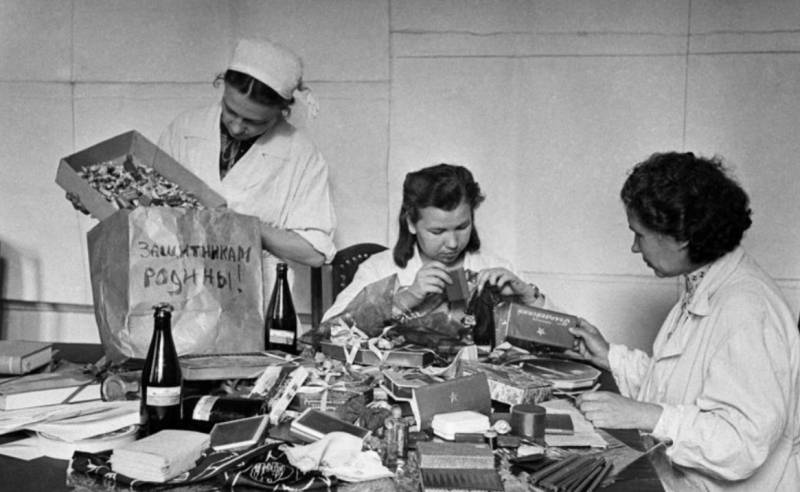Antibiotic and poplar fluff gauze: discoveries of Soviet pharmacists during the Great Patriotic War

The Great Patriotic War became one of the most difficult trials for our country. In one day, June 22, 1941, the fate of millions of people changed.
In the first months and years of fascist aggression, many sectors of the USSR found themselves in an extremely difficult situation. Medicine and pharmaceuticals were no exception. Thus, the volume of production of medications and medicines by the end of 1941 fell by almost 90%.
Meanwhile, thanks to the prompt evacuation of chemical enterprises from the front-line cities, as well as the remarkable efforts of pharmacists, who were helped by students and just volunteers, the industry managed to keep afloat, and then bring it to acceptable levels.
At the same time, in such difficult times for the country, Soviet pharmacists managed to make a number of important discoveries that saved the lives of tens of thousands of soldiers of the Red Army and civilians of the USSR.
Undoubtedly, the most important of them was the creation of antibiotics based on available materials.
So, Professor Zinaida Ermolyeva and her group in 1942 brought out penicillin, and Georgy Gause and Maria Brazhnikova were able to bring out an even more valuable antibiotic - gramicidin, which was isolated from a bacterium found in soil near Moscow.
At the same time, Nikolay Krasilnikov and his group created actinomycin and streptomycin, obtained from soil fungi.
However, the discoveries of pharmacists during the Second World War were not limited to antibiotics alone. At the same time, perhaps one of the most unusual, but at the same time simple and indispensable means, was a substitute for gauze, which was obtained from processed poplar fluff.
In general, during the years of the Great Patriotic War, assistance was provided to about 22 million patients.
Moreover, according to some reports, 70% of the Red Army soldiers receiving treatment in our hospitals could return to service, while German doctors returned only 40% of the wounded.
Information